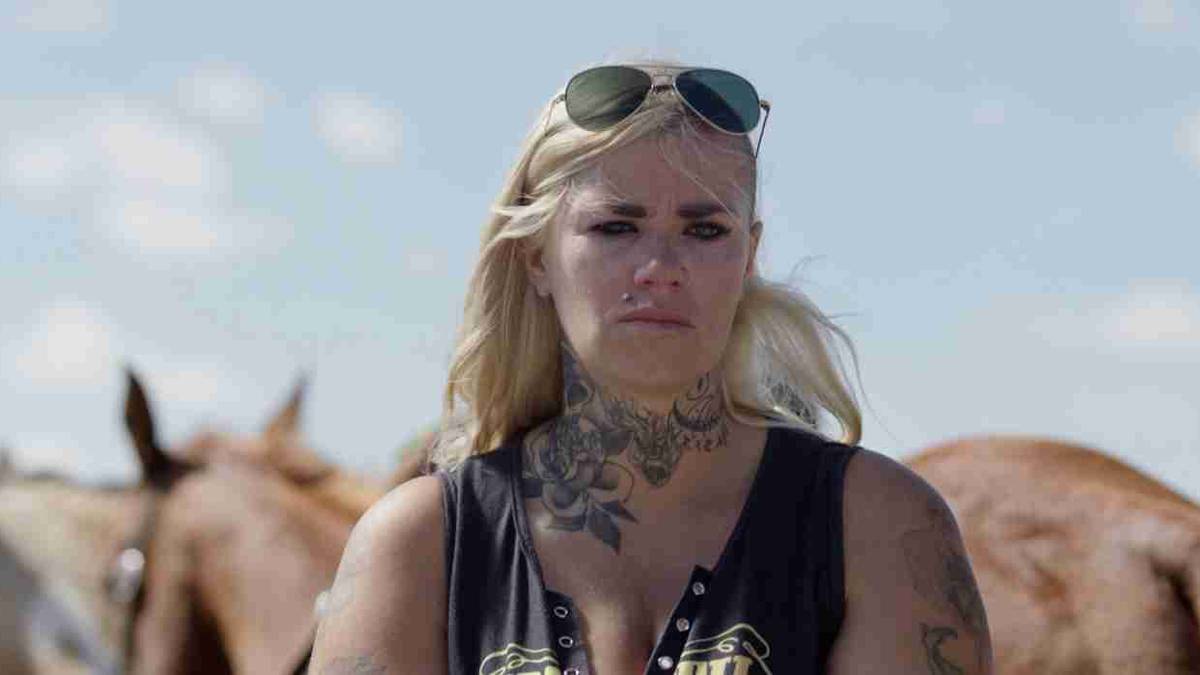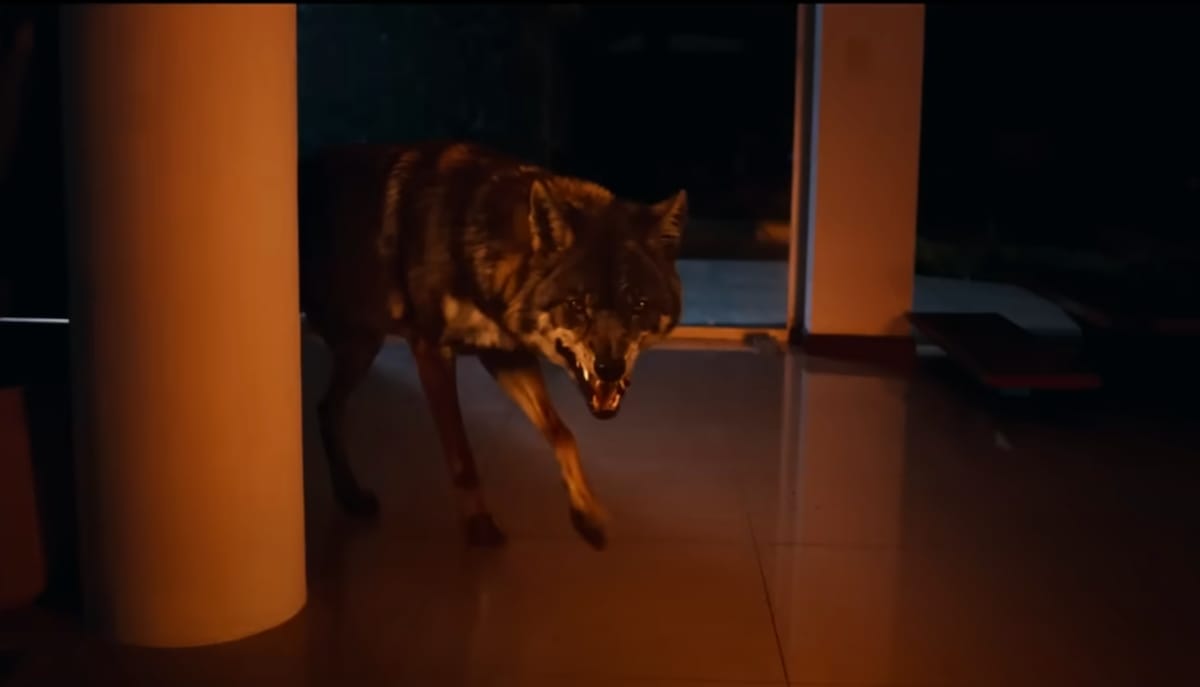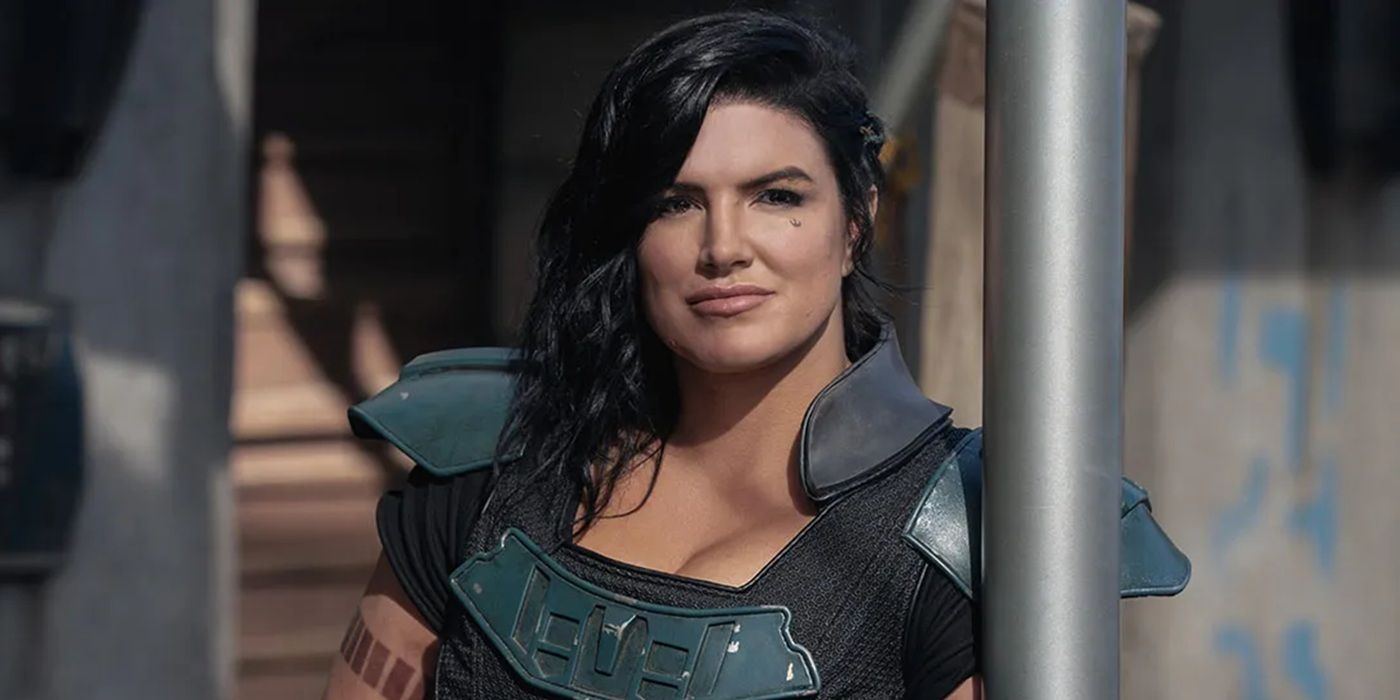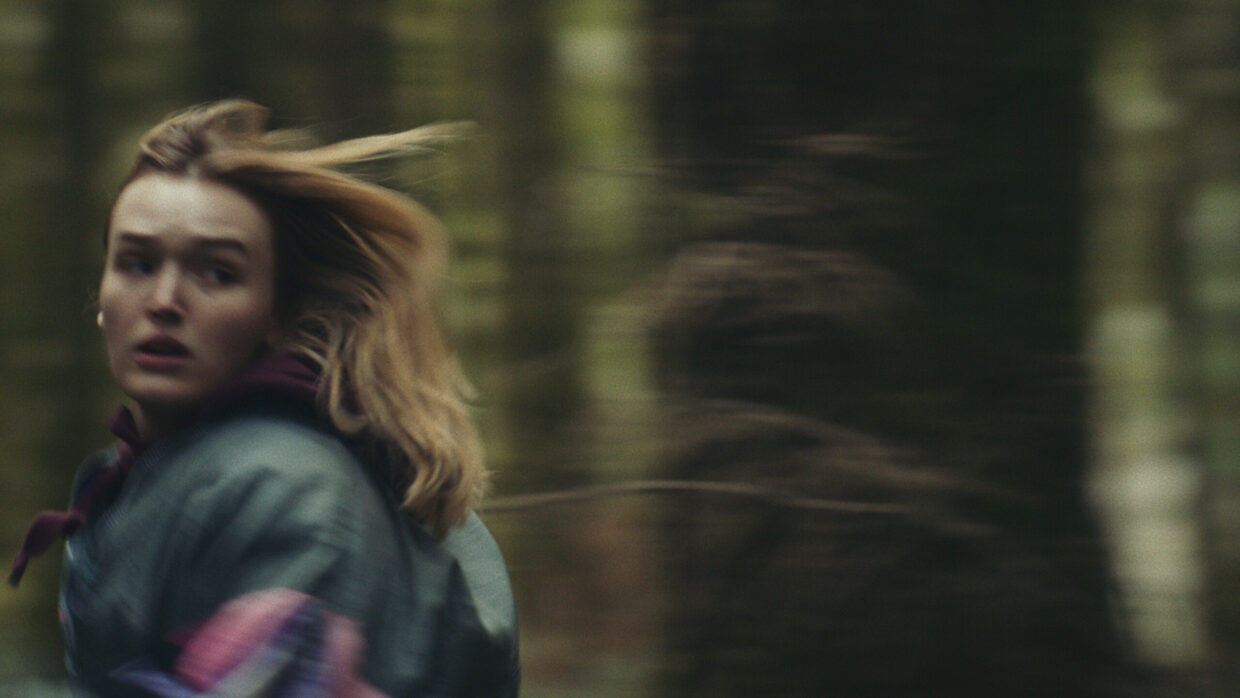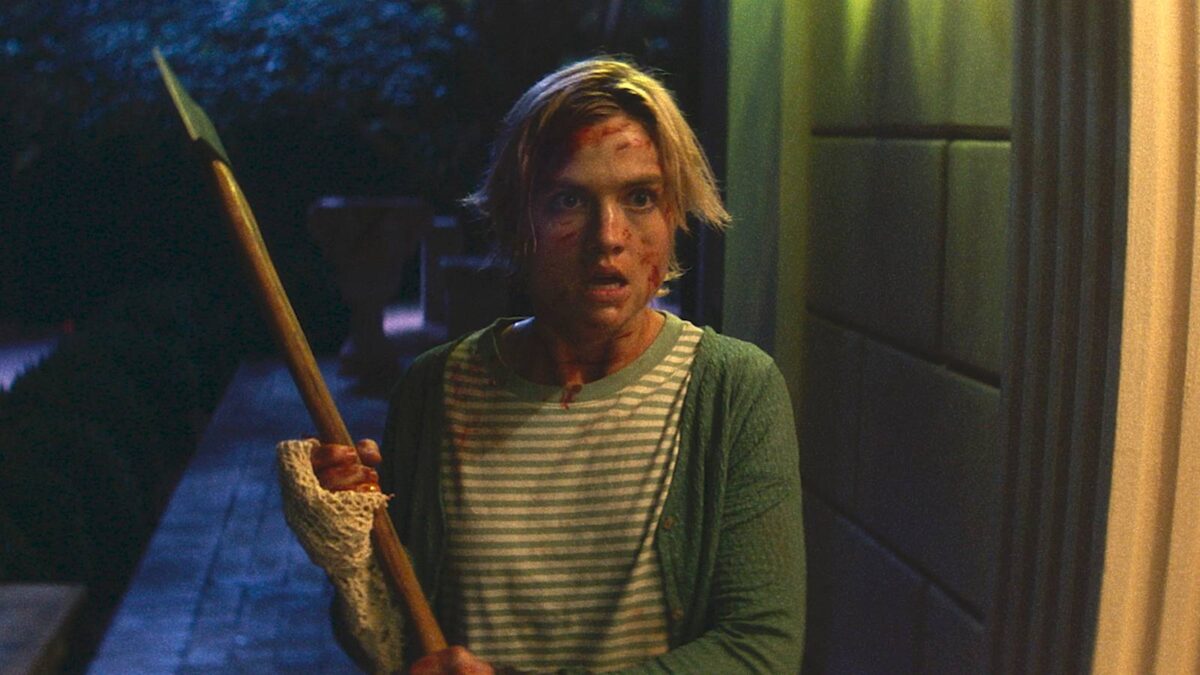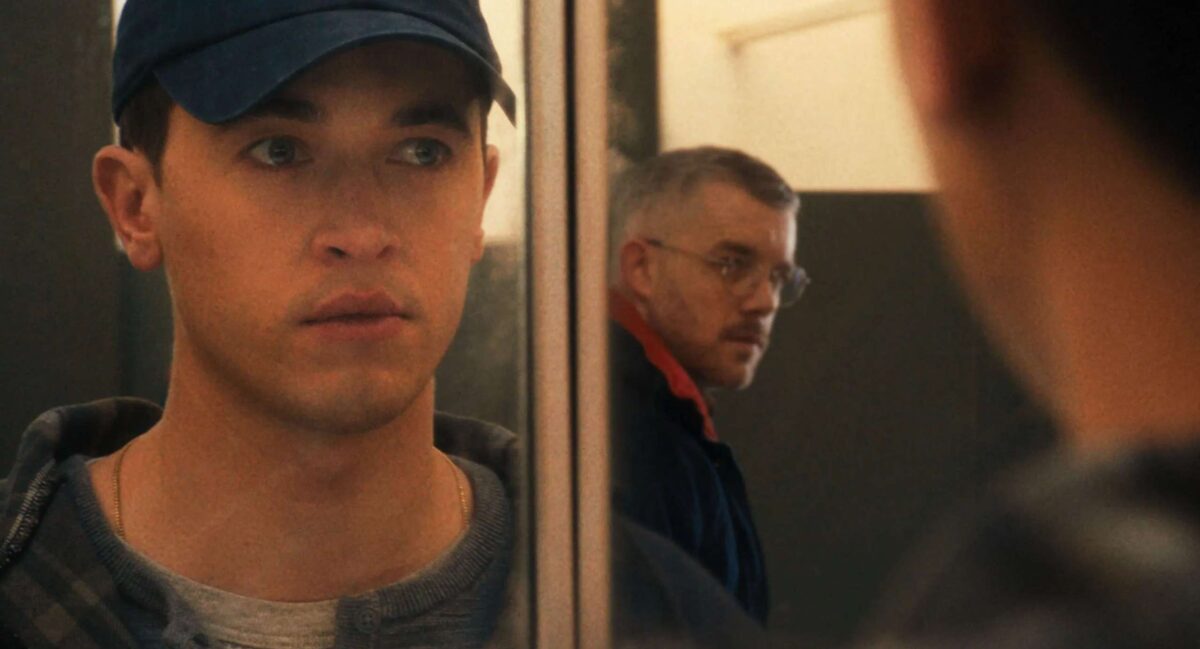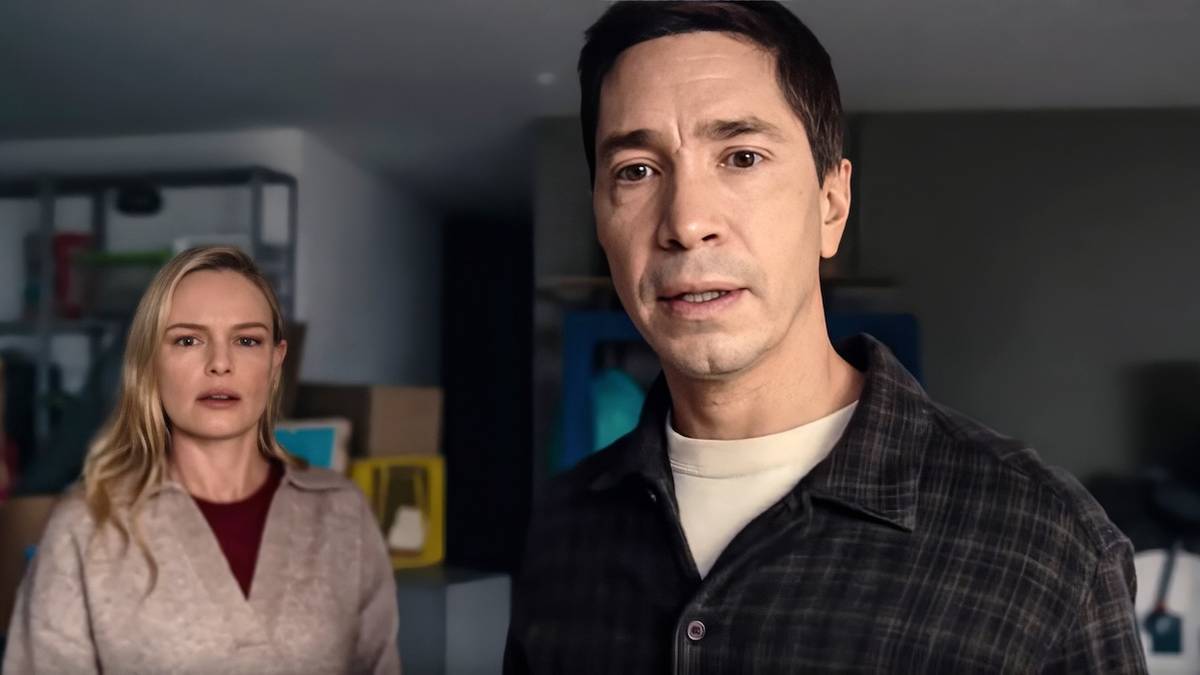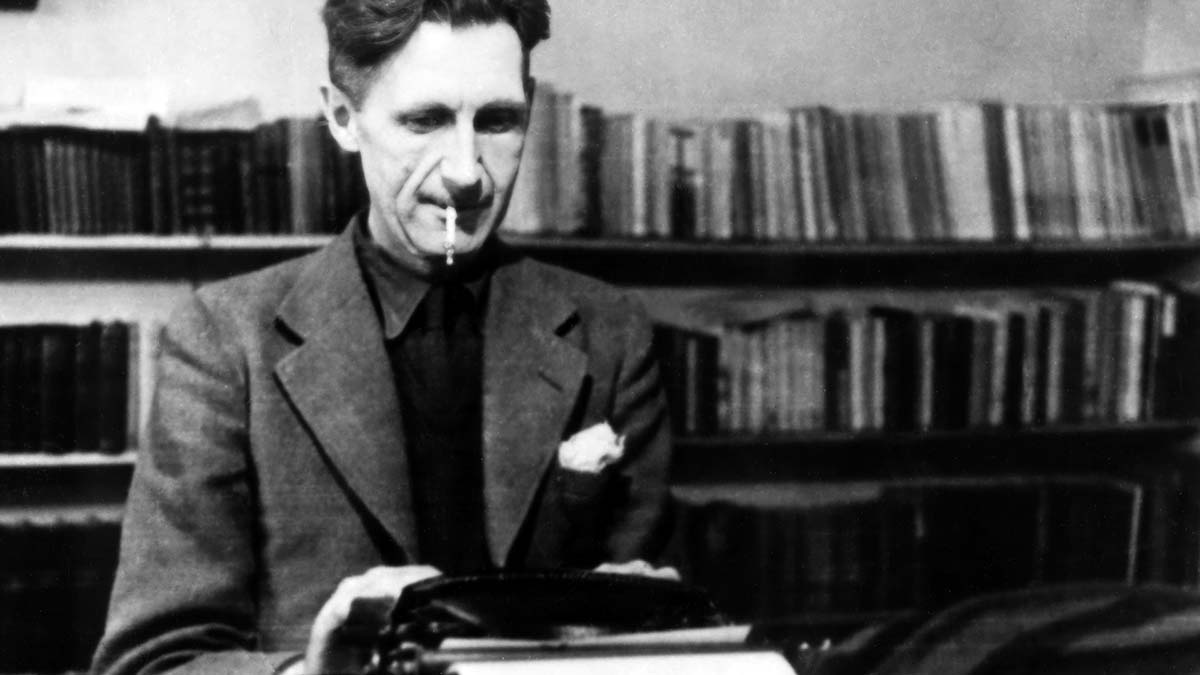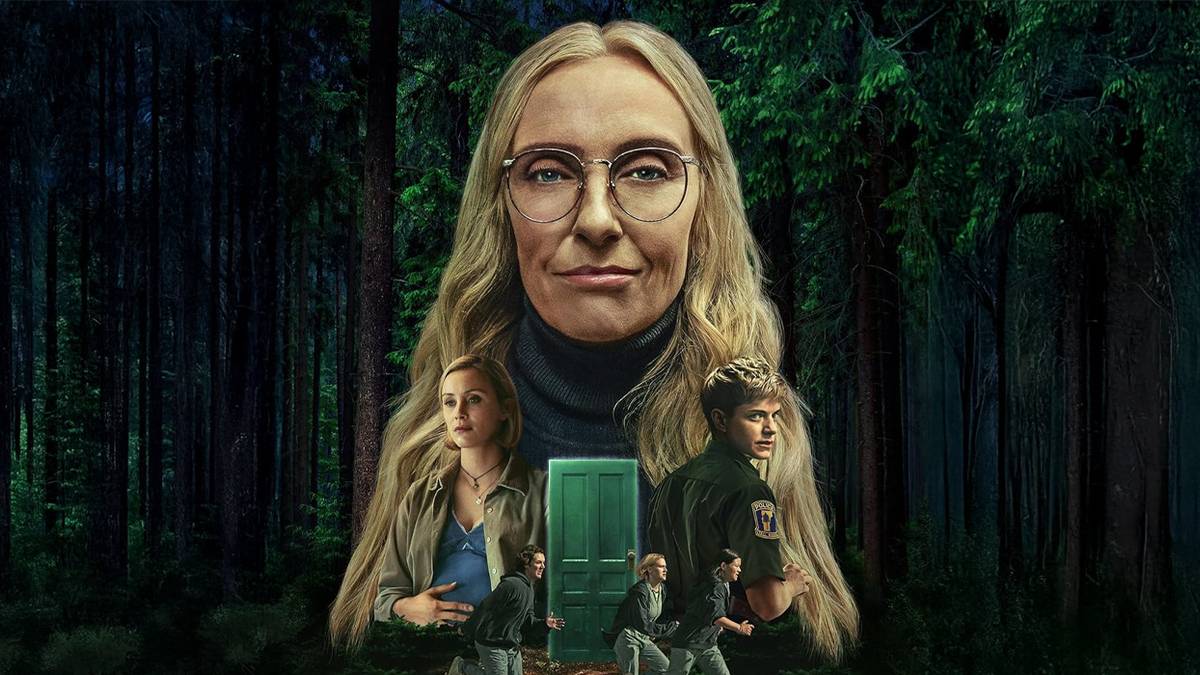
Toni Collette’s Chilling Performance Can’t Save Netflix’s Dark Mystery Thriller From Straying Off the Path
Sep 28, 2025
For all its fascination over the last six decades, the troubled teen industry is not without its fair share of controversy. Thriving in the shadows of American life, the multibillion-dollar network of residential programs, therapeutic boarding schools, wilderness camps, and so-called “reform academies” operates with minimal regulation and allegations that are a horror in and of themselves. It’s that very world of mystery that Netflix’s newest thriller, Wayward, tries to tap into. Created by Mae Martin, the series is set around a reform school in an eerily quiet Vermont countryside called Tall Pines Academy. But things are not what they seem. With Toni Collette, Sarah Gadon, and Martin leading the cast, the show turns systemic trauma into psychological warfare that could truly pull at some socially conscious threads. But while the premise is promising, its execution across eight episodes rarely matches the vibe. For all of Wayward’s ambition, the series is pretty clunky, frustrating, and oddly hollow. Some moments genuinely catch fire, like Collette’s icy presence as the school’s leader, or when Martin, as the cop trying to do the right thing, starts to unravel the town’s secrets. But it never fully sustains or keeps the rhythm. Instead, the series gets tangled in its own mystery quite often, weighed down by stiff dialogue and uneven pacing. It’s not a disaster, but it’s not a discovery either.
What Is ‘Wayward’ About?
Wayward opens like it means business with a teenage boy scrambling out of a window, tearing across an open field, while a woman’s disembodied voice echoes through the air. It’s clean, bizarre, and sets the assumed pace through escape, surveillance, and danger. But then we’re transported to sunny Toronto, where two best friends, Leila (Alyvia Alyn Lind) and Abbie (Sydney Topliffe), are the kind of rooftop-cigarette teens who’ve already seen (and felt) too much in their young lives. With the pair being a bit of trouble and Leila even having her weary guidance counselor (Patrick J. Adams) nudging her to start fresh at Tall Pines Academy in the States, the young girls are clearly misunderstood by the adults in their lives. Meanwhile, police officer Alex (Martin) and their pregnant wife, Laura (Gadon), resettle in the quiet countryside of Tall Pines outside that very “academy,” trying to build a life that looks wholesome on paper. But the lines begin to cross when that once-panicked teen, bolting through the woods, collides with them. It becomes a warning sign that the “school” might not be what it claims. It’s those first few episodes of the series that sketch out the ecosystem as the academy runs in three phases: Burrow, Build, and Ascend. It’s an approach that pledges improvement and sounds therapeutic, but only until you see how it’s really applied. After Abbie is violently whisked into the program, Leila barrels south to pull her out, only to get pulled into the machine herself. As the episodes highlight, Tall Pines Academy’s methods are ritualistic, like an overheated group “feedback” session that blurs confession with coercion; a stark “mirror” exercise pitched as a breakthrough but staged like a performance. Students form fragile alliances under the watch of Evelyn (Collette), the school’s unnervingly serene leader, and her enforcers. Around them, the town wears a Stepford Wives-type calm that makes every smile feel like a tell. The promise is transformation, but the pressure is conformity.
‘Wayward’ Mistakes Repetition for Revelation
But if the premiere sprints to make an impression, its next chapters kind of pump the brakes. Plot threads that should tighten, like the girls’ push-pull inside the program, Alex’s mounting suspicions, and the town’s polite stonewalling, feel rather stretched in loops. Some scenes also just linger past their points, while a few conversations lean on placeholder dialogue where the characters should do more of the heavy lifting (not to mention, some weird overuse of filler slang like “dude” and “man” that makes the teens sound unnatural and undercuts emotional stakes). There is a strong outline of a sharp thriller in the crossover of the teens trying to outmaneuver the system and the officer who realizes the system is messed up. But the series keeps idling when it should be accelerating. As a story that begins with urgency, it moves extremely slowly while trading that momentum for mood until the mystery unravels with escalation and repetition. Though not explicitly, Wayward aims for the kind of hypnotic ambiguity of shows like Twin Peaks or Nine Perfect Strangers, but it never earns its comparison. Instead of eerie tension, the sluggish pace often feels like the series is stalling on its promise. One of the disappointing aspects was how whole episodes set up revelations that never quite pay off, dangling threads in front of the audience as if stringing us along is the point. It’s a strategy that makes the viewer feel trapped inside the school right alongside the kids, but not in a way that’s engaging or productive to the commentary. In so many tragic ways, Wayward ends up trapped in the very limbo it’s trying to critique: a place that insists it’s about growth but doesn’t actually deliver much. Among Wayward’s biggest problems is how the writing and direction treat repetition as some sort of profound idea. Between visual motifs like endless red doors or repeated mantras used to hammer home themes of control and cycles, they feel like empty spaces for deeper storytelling, expecting the audience to do most of the analysis in their head. What should be unsettling and a point of conversation becomes numbing as that rhythm undercuts its menace. It often gestures as being a psychological thriller, but the psychology never really runs deep, zapping any thematic weight after it all wraps up.
‘Wayward’s Ensemble Tries Their Best, but Toni Collette Steals the Show
Toni Collette in WaywardImage via Netflix
If there’s one real reason to tune into Wayward, it’s for Toni Collette. Collette brings a sinister tone to the unnerving Tall Pines leader that the writing often fails to supply. She knows how to strikingly shift from that maternal warmth seen in her interactions with a few, to a rather bone-chilling detachment for others in a single breath. It’s this element that gives Wayward a spark of electricity every time she appears. She really is the one element that consistently feels genuine while anchoring the gravity of its subject matter. Without her, the atmosphere would flatline and frankly, feel pretty empty. This is not to say her co-stars don’t step up to the plate to keep the series afloat. Wayward’s young actors, Lind and Topliffe, have a believable bond and do what they can even when dialogue lets them down. The teenagers carry a lot of their characters’ emotional weight and the series’ heart, even if it feels a little like Swiss cheese in some places. Meanwhile, Gadon brings a stirring mystery to Laura, even if the script notes her as an enigma rather than a fully fleshed-out character. She gets some juicier parts of the story near the end of the season, but it feels a little too late to care. Lastly, Martin is in a tough position as both creator and star. When the writing is uneven and the direction can’t find its rhythm, they are caught between trying to embody Alex and upholding the series’ concept that doesn’t exactly land. But taken all together, the ensemble does what it can, even if it’s Collette who elevates Wayward into something intermittently compelling. At the end of it all, Wayward takes a rich, thoughtful premise and leads it down way too many winding roads. Between its atmosphere and ambition, the Netflix series strays off course and pivots into something far less satisfying, circling too many of the same ideas until its impact wears thin. Slow-burning and muddled, Collette lights up the show for a stronger appeal, but the rest never quite follows, leaving Wayward true to its name. Wayward premieres September 25 on Netflix.
Publisher: Source link
Erotic Horror Is Long On Innuendo, Short On Climax As It Fails To Deliver On A Promising Premise
Picture this: you splurge on a stunning estate on AirBnB for a romantic weekend with your long-time partner, only for another couple to show up having done the same, on a different app. With the hosts not responding to messages…
Oct 8, 2025
Desire, Duty, and Deception Collide
Carmen Emmi’s Plainclothes is an evocative, bruising romantic thriller that takes place in the shadowy underbelly of 1990s New York, where personal identity collides with institutional control. More than just a story about police work, the film is a taut…
Oct 8, 2025
Real-Life Couple Justin Long and Kate Bosworth Have Tons of Fun in a Creature Feature That Plays It Too Safe
In 2022, Justin Long and Kate Bosworth teamed up for the horror comedy House of Darkness. A year later, the actors got married and are now parents, so it's fun to see them working together again for another outing in…
Oct 6, 2025
Raoul Peck’s Everything Bagel Documentary Puts Too Much In the Author’s Mouth [TIFF]
Everyone has their own George Orwell and tends to think everyone else gets him wrong. As such, making a sprawling quasi-biographical documentary like “Orwell: 2+2=5” is a brave effort bound to exasperate people across the political spectrum. Even so, Raoul…
Oct 6, 2025

